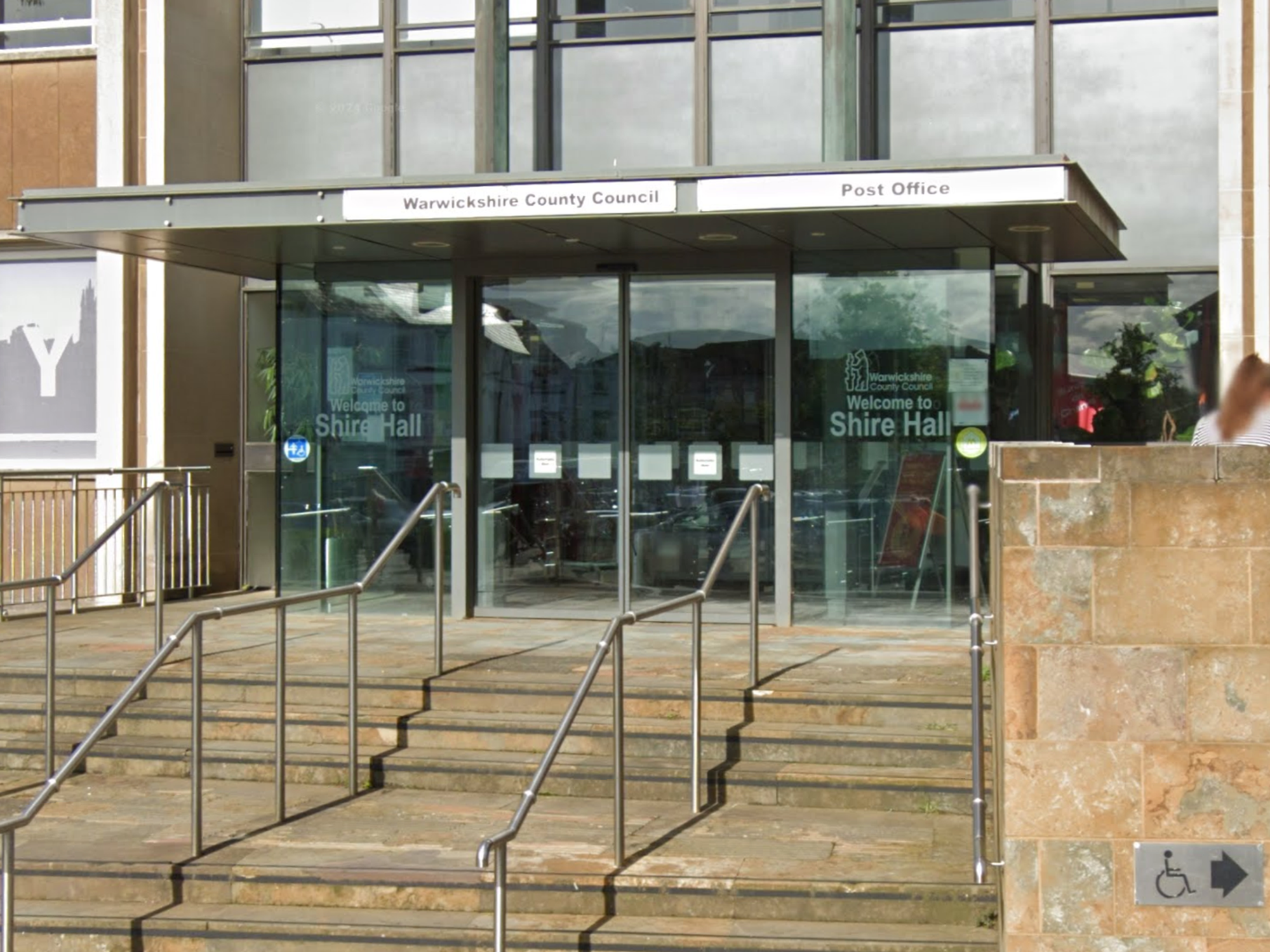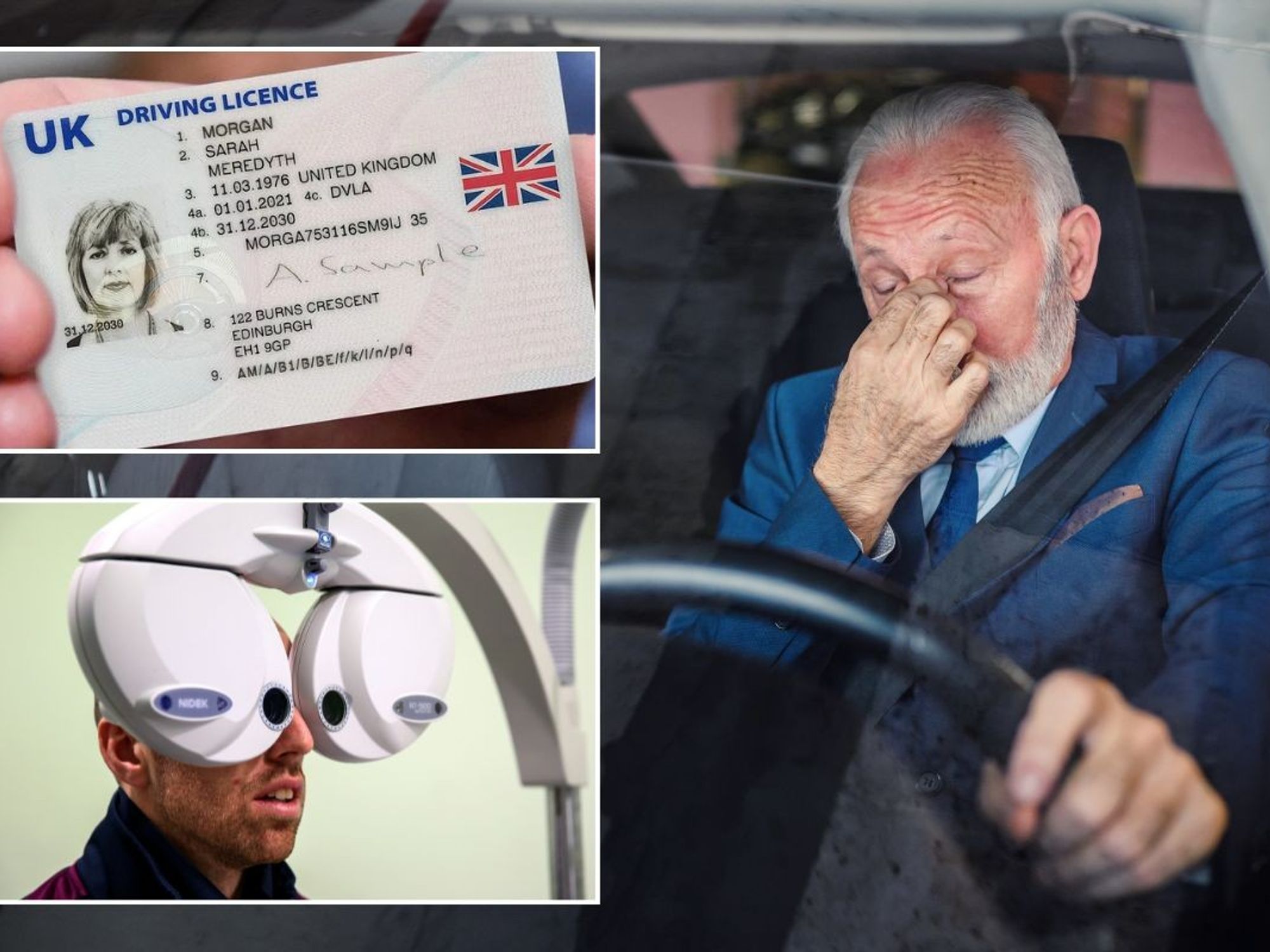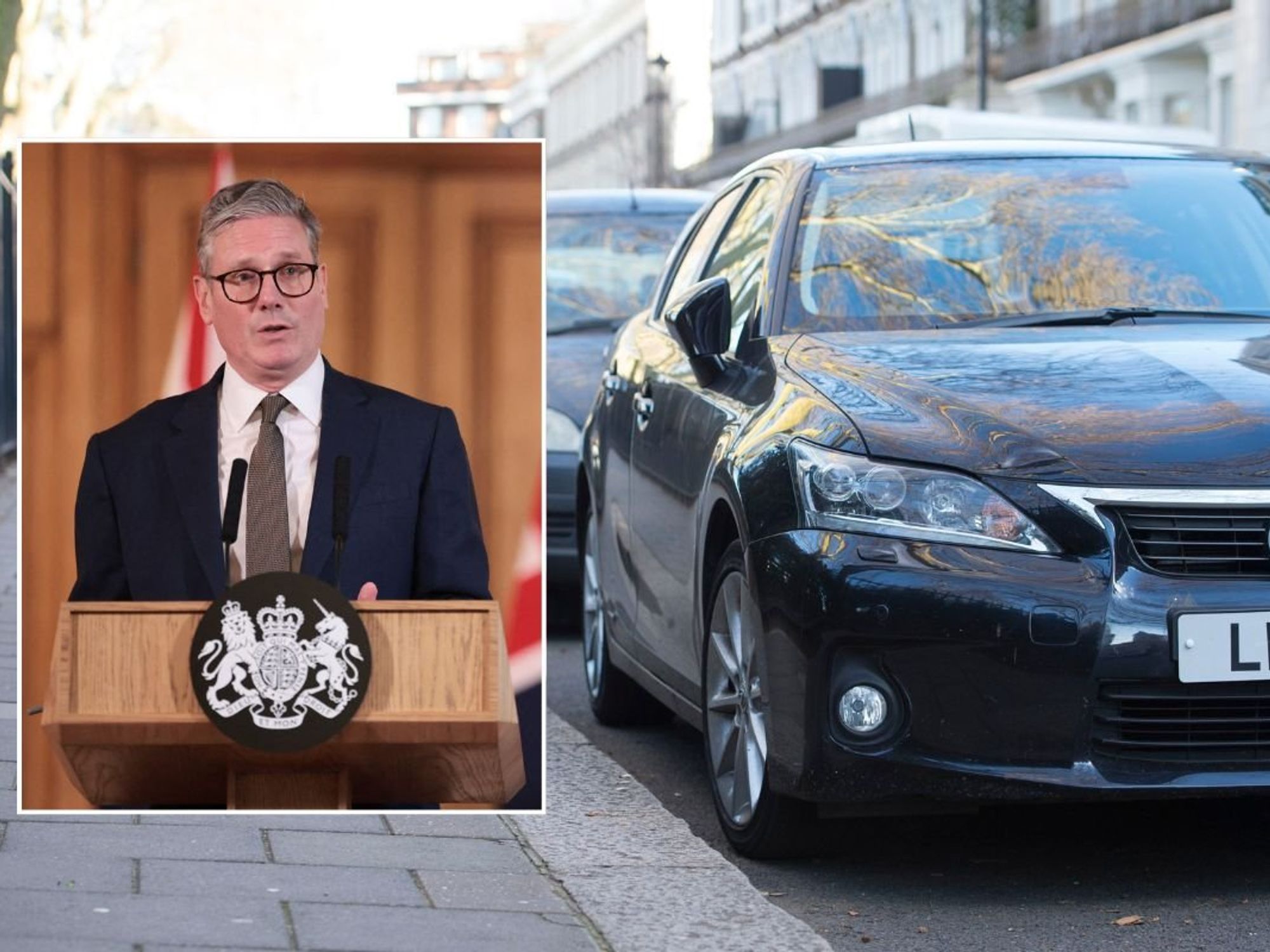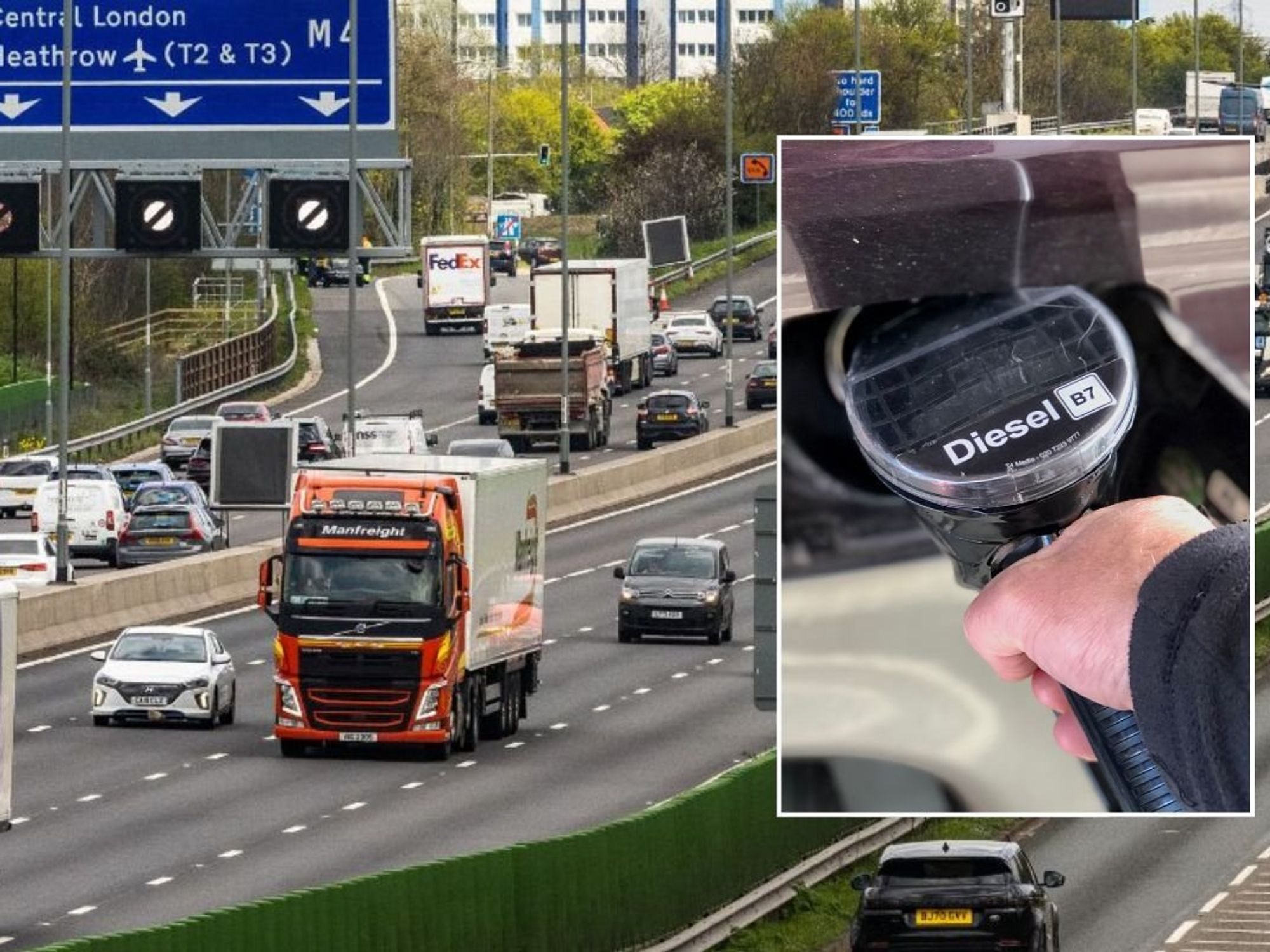Petrol and diesel drivers 'losing out badly every time they fill up' amid calls for urgent law changes
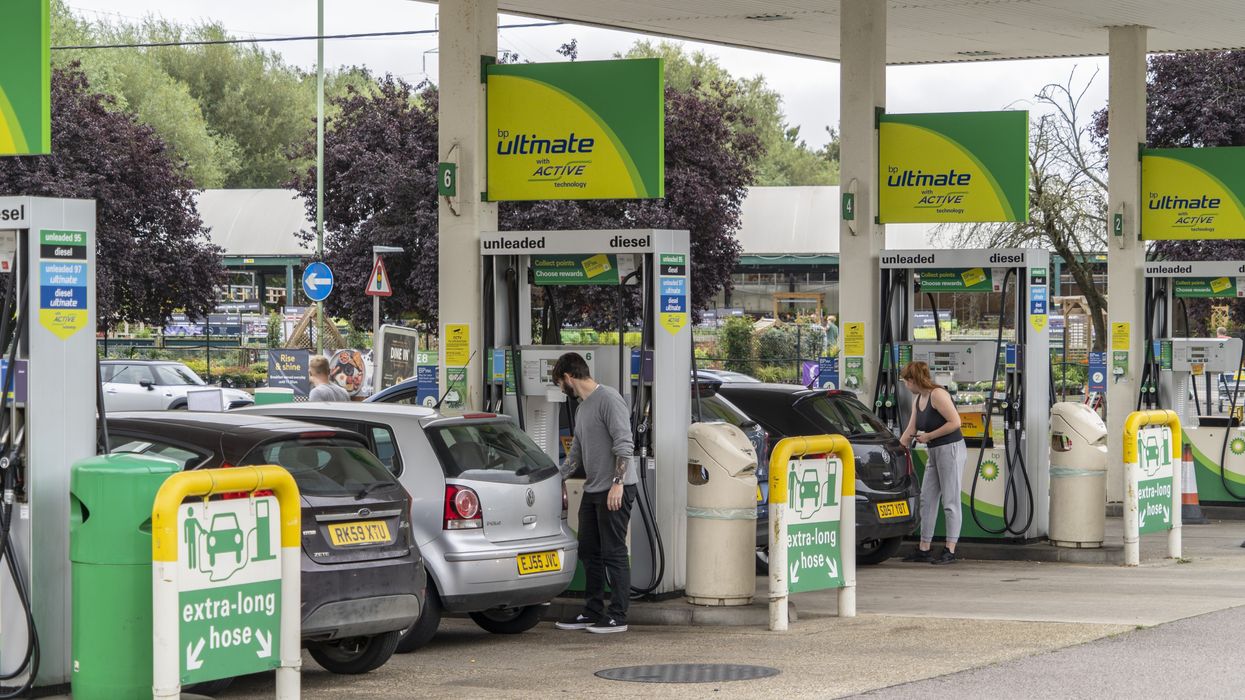
Filling stations are being urged to slash prices to ensure drivers are not being ripped off
| GETTY
The RAC said the Government and CMA should investigate retailers and supermarkets if they don't cut costs
Don't Miss
Most Read
Industry experts are calling on major retailers and supermarkets to slash petrol and diesel prices by 6p per litre in a bid to save drivers money and promote competition.
The RAC has issued an urgent appeal to major brands across the UK to "do the right thing" and cut fuel prices at the pumps to reflect a steady drop in wholesale costs.
Wholesale petrol prices are now at an average of 103p, even though drivers are being charged 142p at the pumps, which the RAC says is around 6p per litre too much.
This comes despite a stern warning from the Competition and Markets Authority (CMA) for retailers to address these concerns after motorists were overcharged by £1.6billion last year.
Do you have a story you'd like to share? Get in touch by emailing motoring@gbnews.uk
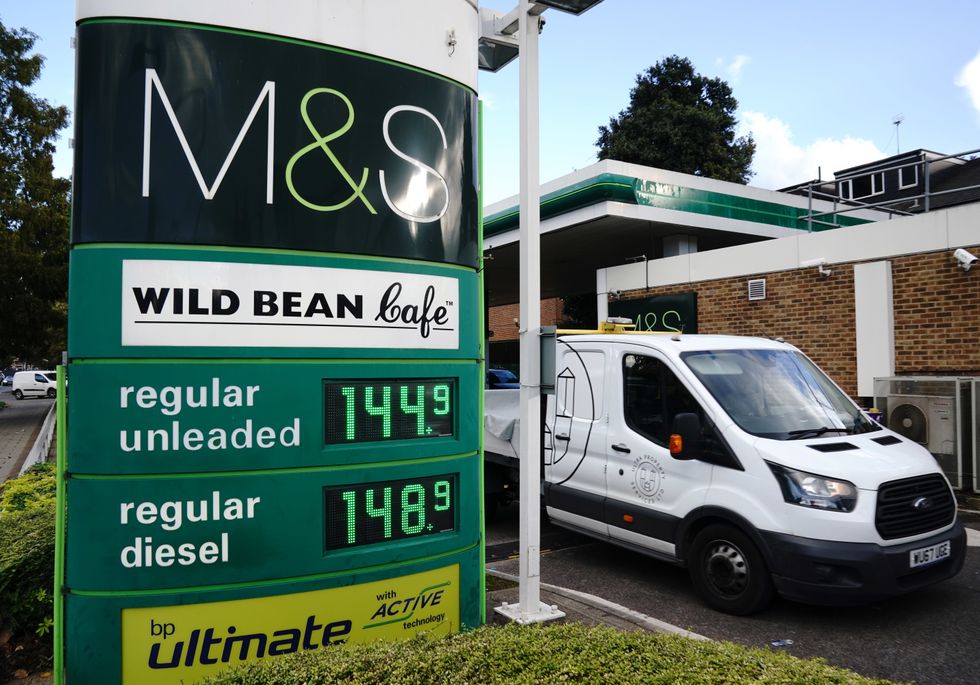
The RAC said fuel prices should be at least 6p per litre cheaper
| PAThe RAC believes that the recent fall in the price of oil and the strengthening of the pound present themselves as a perfect opportunity for retailers to slash prices to "regain the trust of drivers" by reducing costs "significantly".
Latest research from RAC Fuel Watch shows that unleaded petrol at the pumps now costs an average of 142.61p per litre, while diesel costs 147.46p, although both prices are expected to fall.
While prices have fallen to their lowest prices since the start of the year, experts are still concerned that they are still above what petrol and diesel prices should be.
It also shows how the average retailer margin for petrol is 10p - around 2p more than the long-term average of 8p - meaning prices should be around 136p per litre.
Similarly, diesel prices should be far cheaper. The RAC forecasts that retailers should actually cut prices to 139p per litre, with the UK having the dubious title of being the most expensive for diesel across Europe.
Simon Williams, head of policy at the RAC, said: "The biggest retailers’ refusal not to reduce their prices to fairer levels is continuing to cost drivers dear, and it’s all the more outrageous when you factor in the fact we’re all meant to be benefitting from a temporary 5p cut in fuel duty, that looks likely to disappear in the coming months.
"While the Competition and Markets Authority has clearly stated drivers were overcharged last year, it’s blatantly apparent from our data that this problem is persisting this year."
Williams highlighted how the opening of a new forecourt in Portlethen in Scotland, under the EG On The Move banner, was selling both petrol and diesel for 16p less than its nearest rival, Asda.
This prompted Asda to slash its prices to meet a similar price, helping to promote competition among retailers in the area and cut costs for motorists.
Drivers in Northern Ireland already benefit from healthy competition through the Consumer Council Fuel Price Checker, which allows the nation to have average costs of 138p for petrol and 139.7p for diesel.
The comparison site allows motorists to check where the cheapest filling stations are in their local area, with Omagh having the cheapest average costs in the country at 130.8p for petrol and 135.3p for diesel.
Williams concluded: "If prices don’t fall dramatically in the next week or so, we believe the Government and the CMA should get all the biggest retailers together to demand an explanation.
LATEST DEVELOPMENTS:
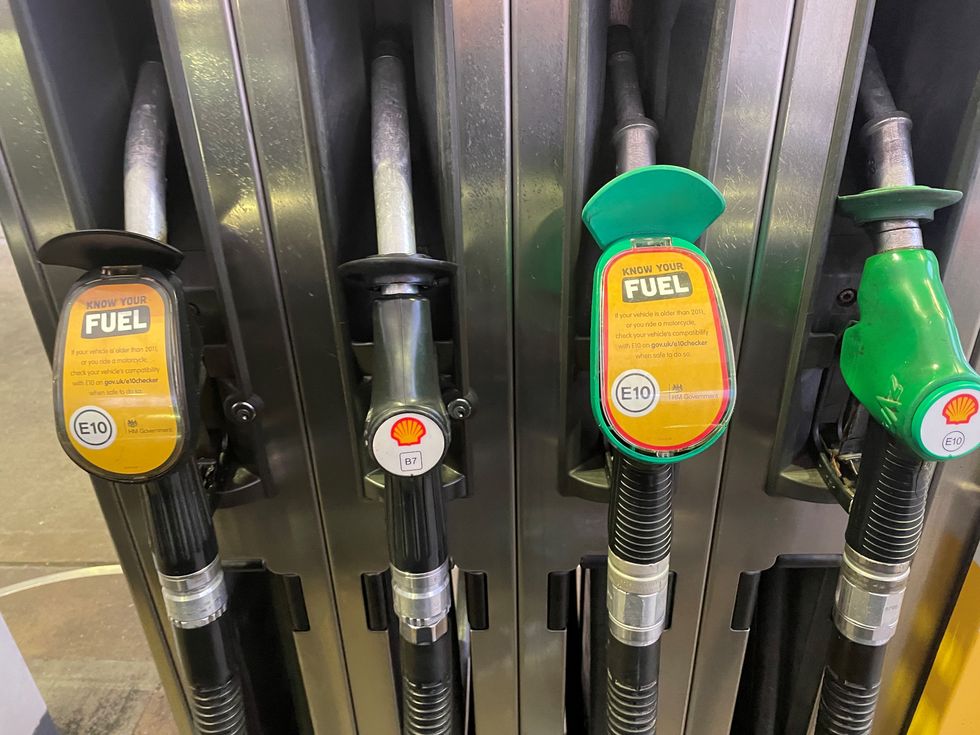
Drivers in Northern Ireland can check where fuel is cheapest in their local area
| PA"Tough action needs to be taken to change this as drivers are losing out badly every time they fill up.
"Artificially high pump prices also contribute to a higher level of inflation – so if prices were nearer where they should be, inflation would be lower, benefitting borrowers and the wider economy.”







